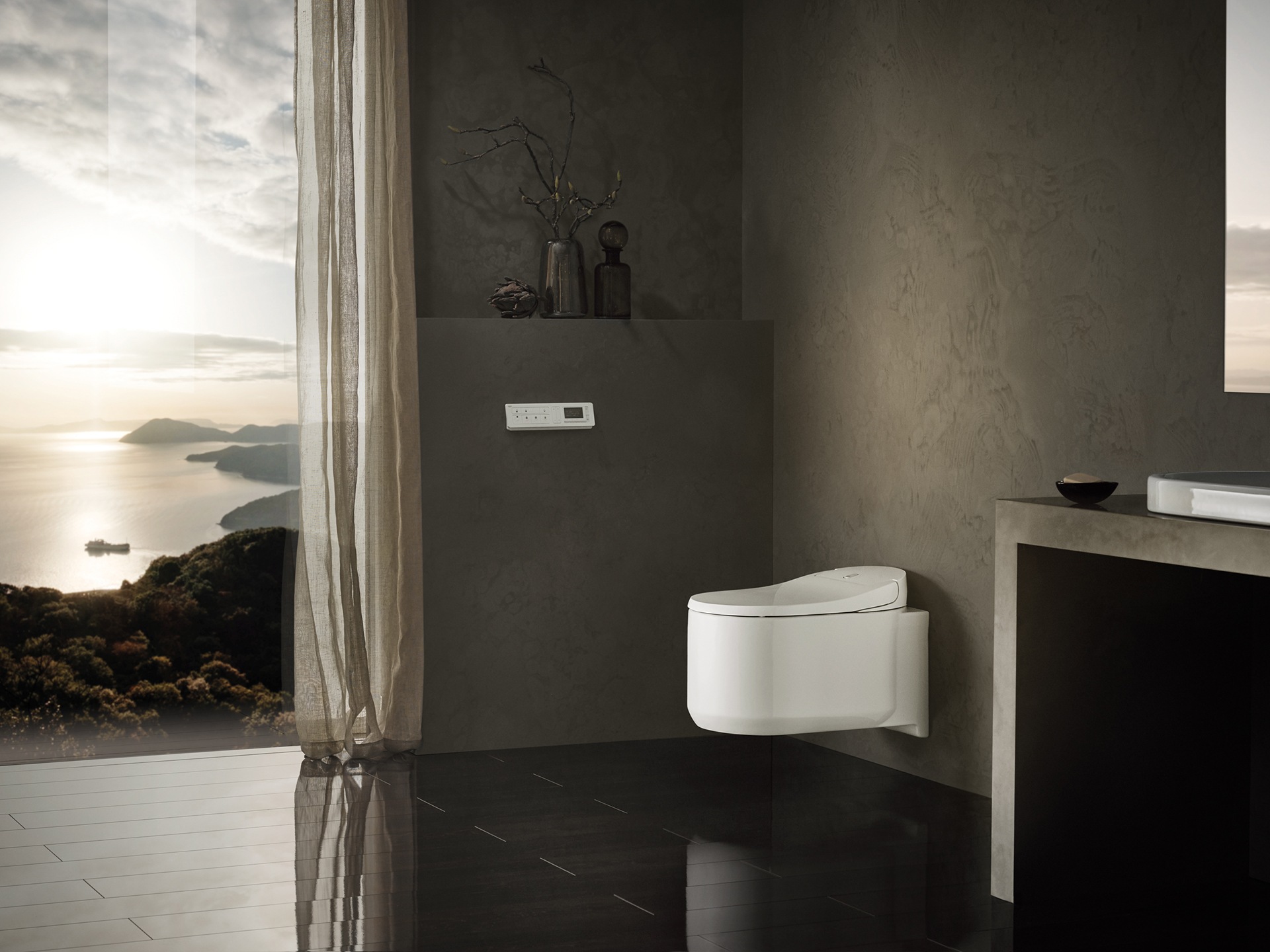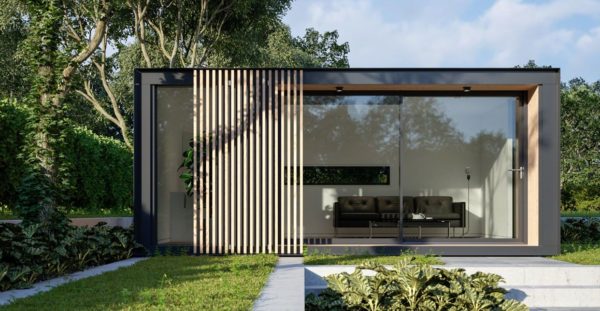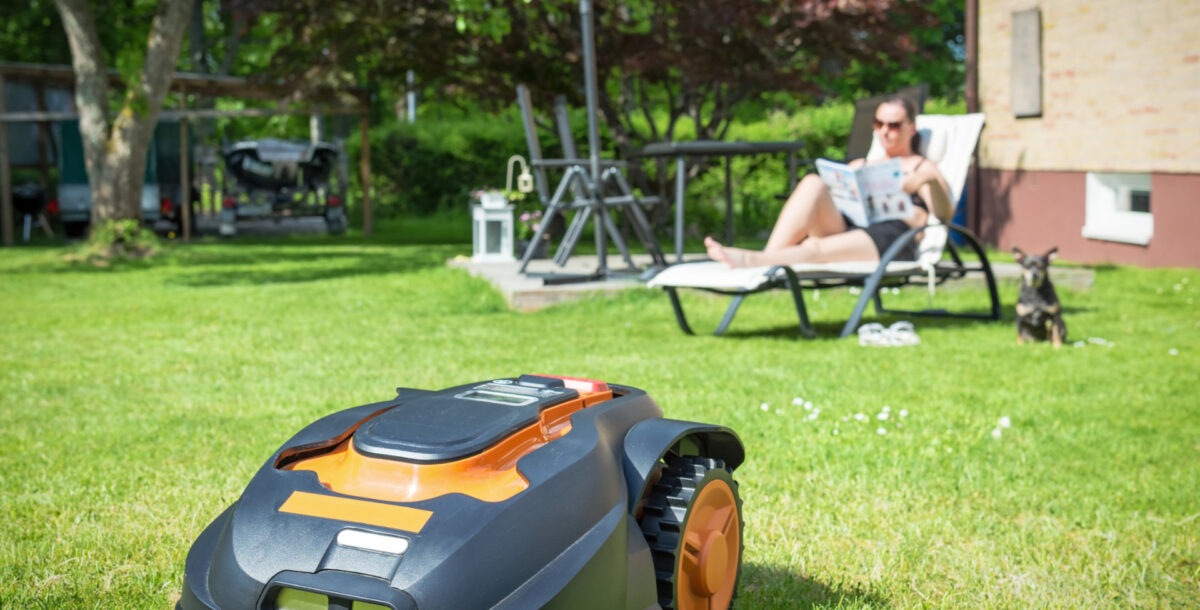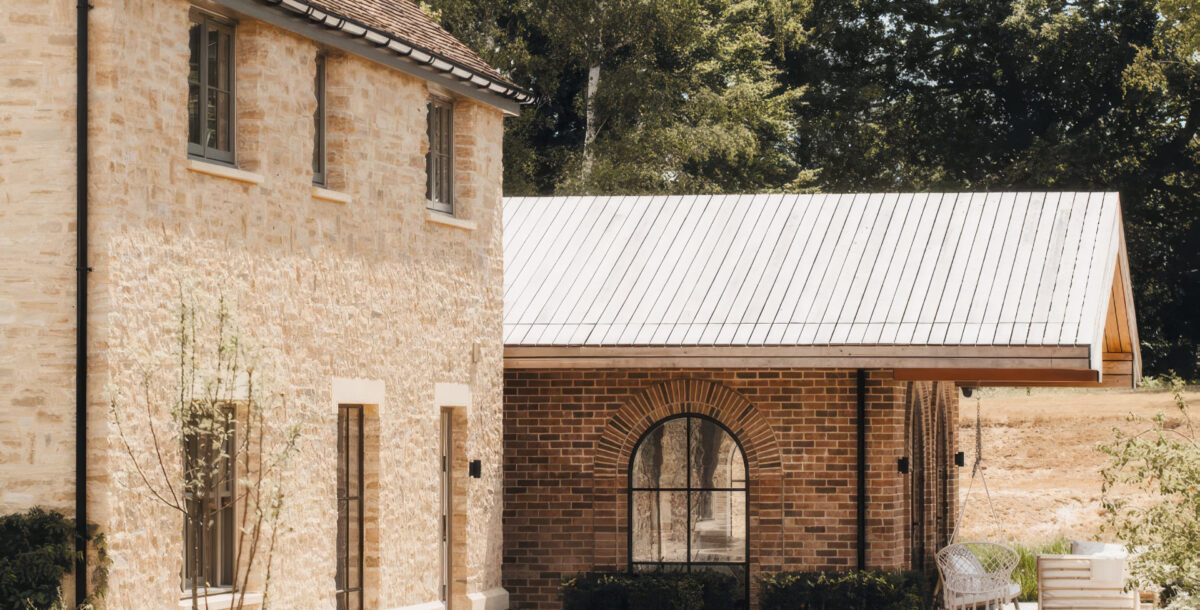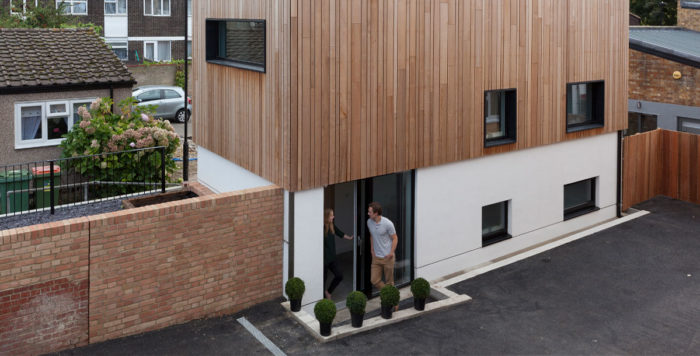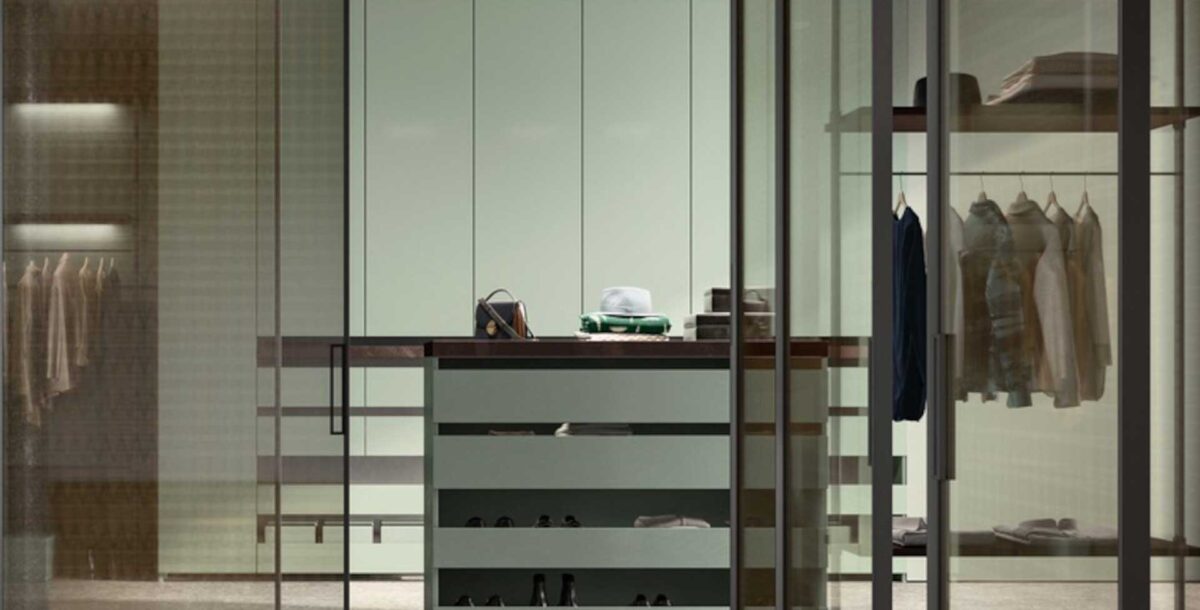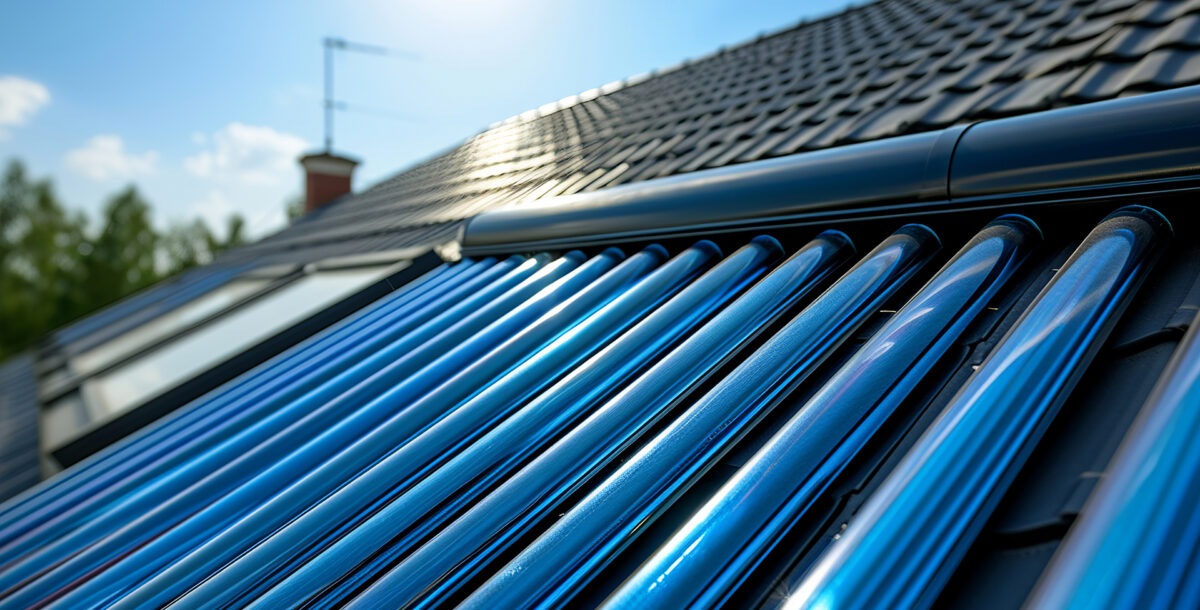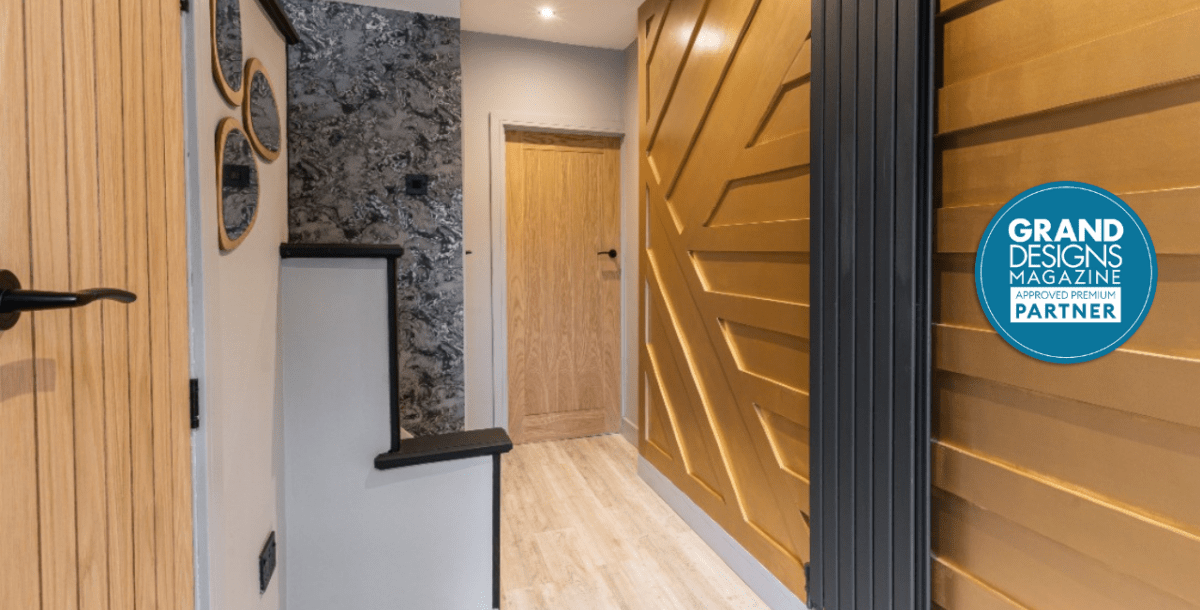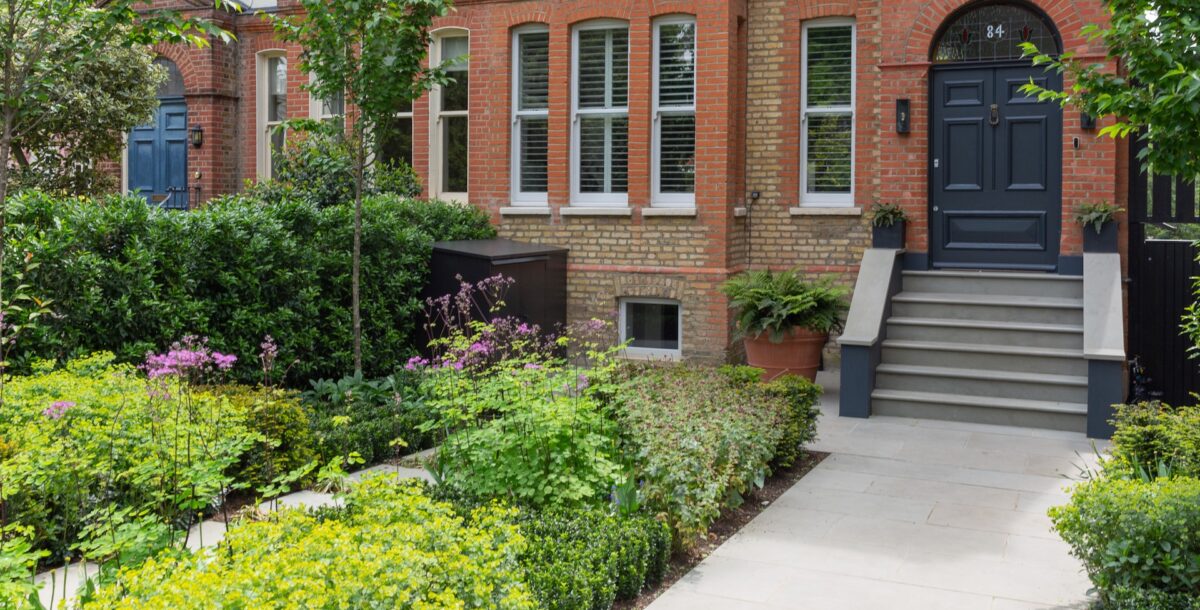Smart toilets: everything you need to know about the latest bathroom gadget
What are smart toilets and what do they do? We've got all the answers in our guide to the newest hi-tech toilet trend
Commonly found in the Far East, smart toilets are becoming more popular here. No wonder, as they offer many benefits over regular models, and these toilets can be the ultimate luxury in a high-end bathroom.
Ryan Maskell of Mask Plumbing Solutions gave us this introdution to smart toilets: “They come with a whole range of features like customised bidet functions, heated seats, and self-cleaning features. For example, for a smart toilet with a bidet, you may find options like an adjustable water temperature, pressure, and nozzle position. A toilet with self-cleaning features means that you’ll spend a lot less time cleaning the toilet bowl as you can enjoy its self-cleaning functions, leaving the toilet bowl hygienic at the press of a button.
“Many smart toilets come with a remote and the option to save your favourite settings so that you don’t have to reset them each time. When shopping for a smart toilet I recommend looking at those that have energy-saving modes so you can reduce electricity consumption when it’s not in use.”
Smart toilets can also be known as Japanese-style toilets, shower toilets, intelligent toilets or bidet toilets. They offer a greatly increased range of features and functionality from the standard toilet.
Features
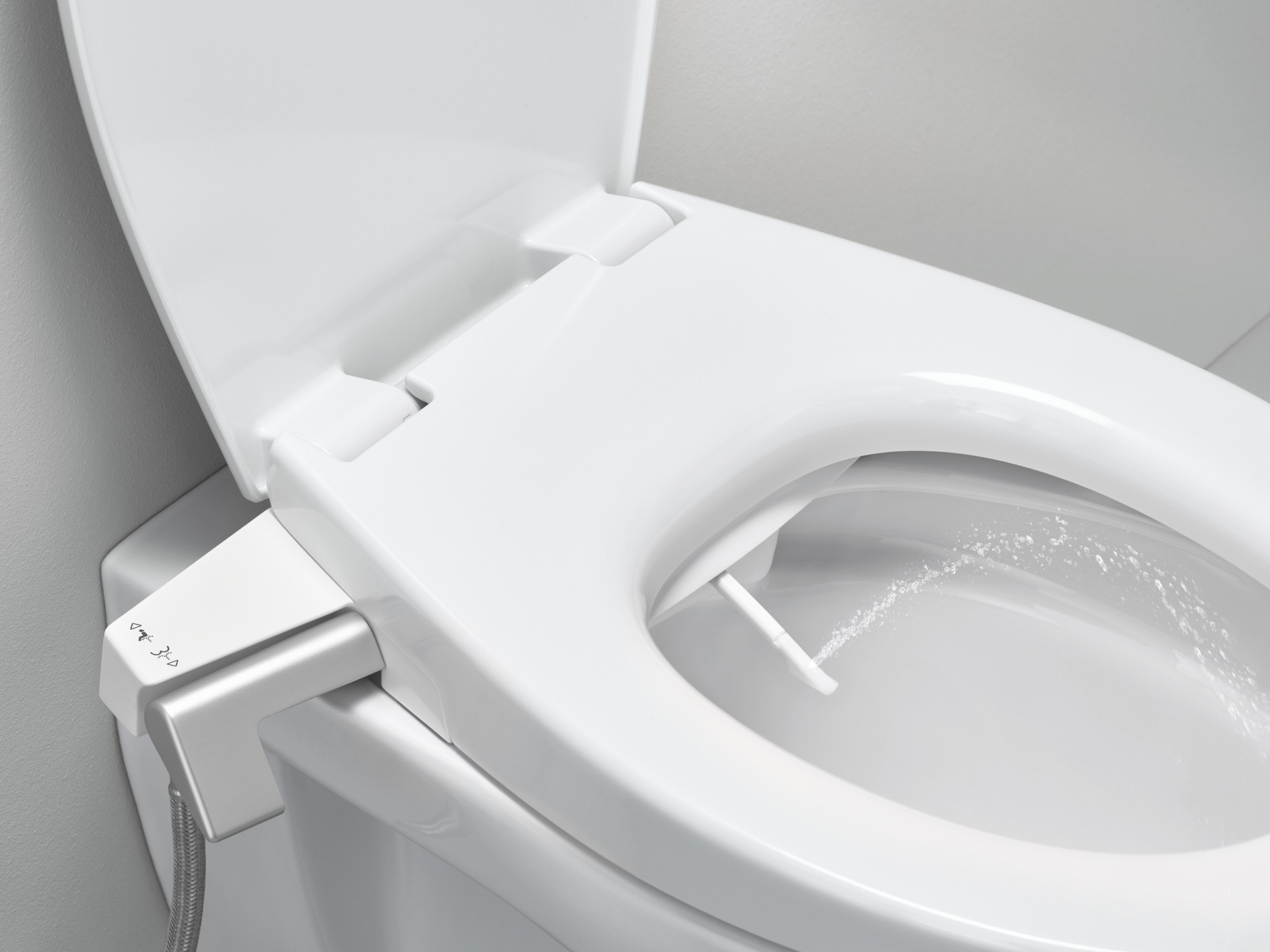
Image credit: Grohe Bau manual bidet seat
Here are some of the features common to many smart toilets:
- rear bidet feature, with warm water, and adjustable jet and angle
- front ‘lady shower’ feature (yes, that’s what they call it) with warm water and adjustable jet and angle
- warm air dryer that comes on after the bidet function
- odour extraction fan
- automatic lid opening and closing
- automatic flushing
- seat warmer
- night light
- setting for children
- self-cleaning functions such as self-cleaning nozzles and descaling programmes
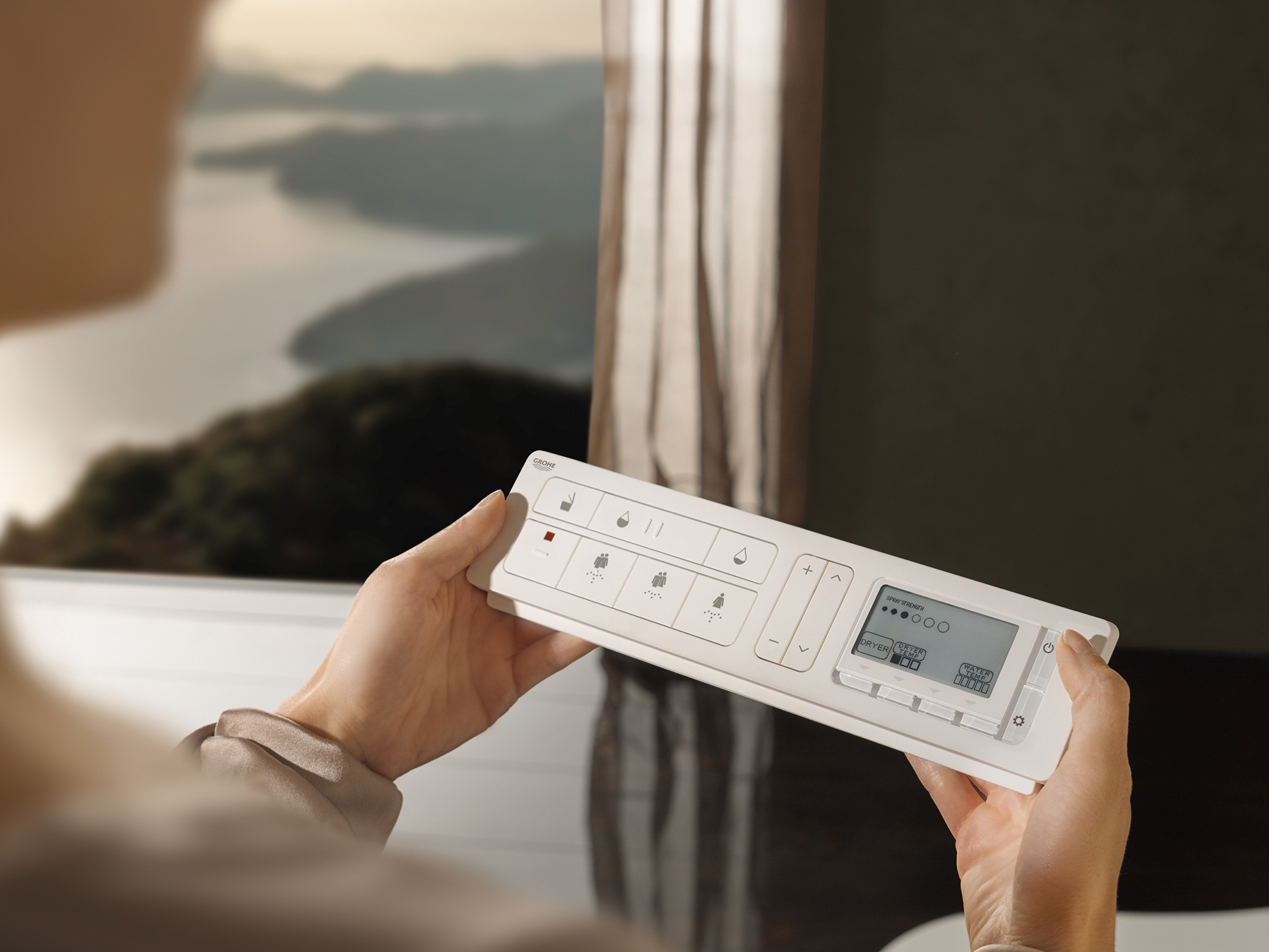
Image credit: Grohe
These features can often be controlled by buttons on a control panel on the side of the toilet and/or a separate remote control. Some toilets can even be controlled via an app. Usually, you can set up profiles for different users so that you just need to press the button for your profile, and then the toilet uses the particular functions and temperatures you prefer.
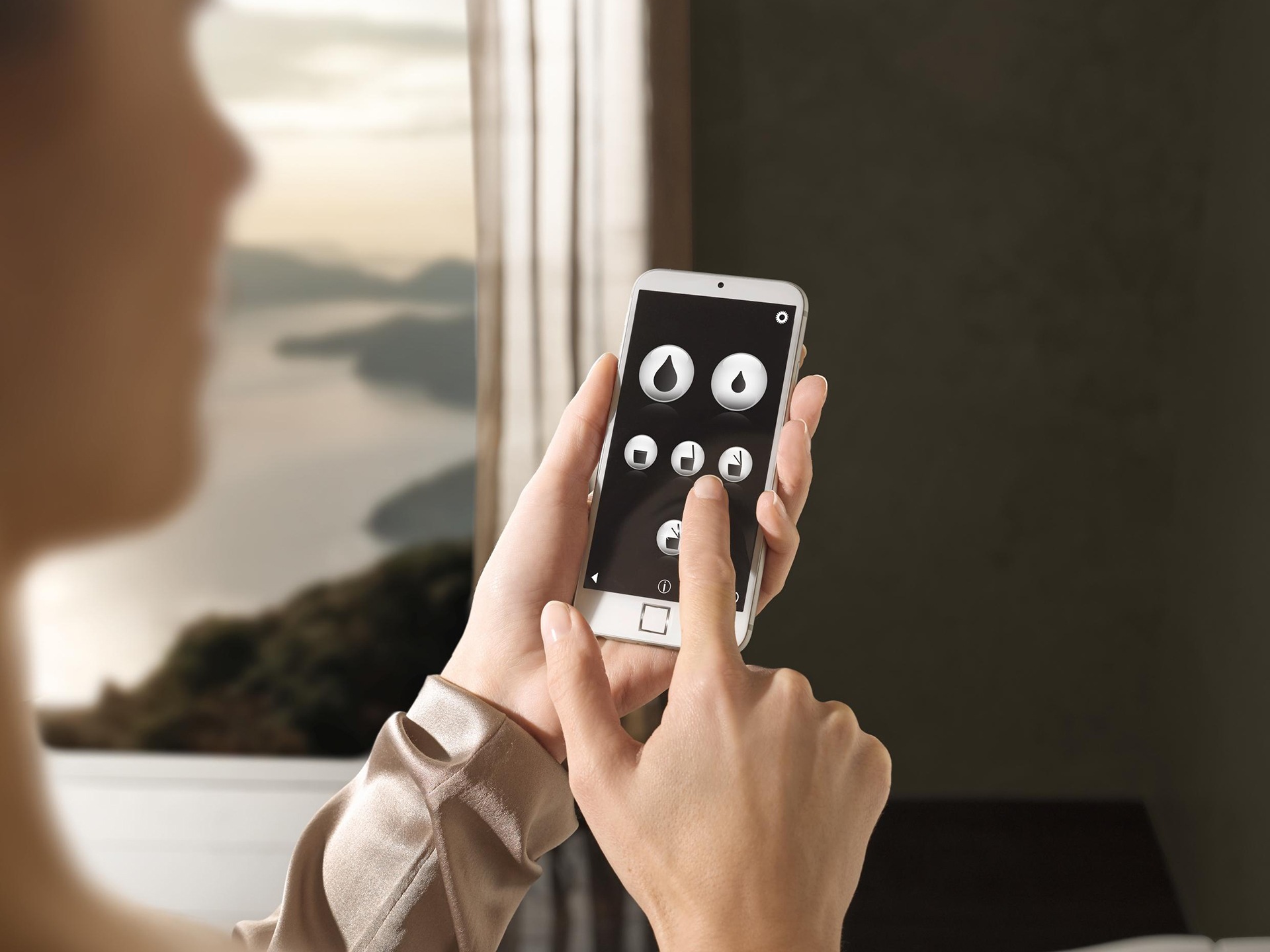
Image credit: Grohe
If you don’t want to use certain functions, these can simply be turned off. Generally speaking, as with most things you get what you pay for and more expensive models have more features.
Installation
One difference from traditional toilets is that smart toilets do require an electrical connection. They also need an additional water connection via a flexible pipe. Models are available to fit both P-trap and S-trap connections (to the drains through the wall or the floor). By their nature, smart toilets are more complex than regular modes, so for repairs, you will need to find someone with the right expertise.
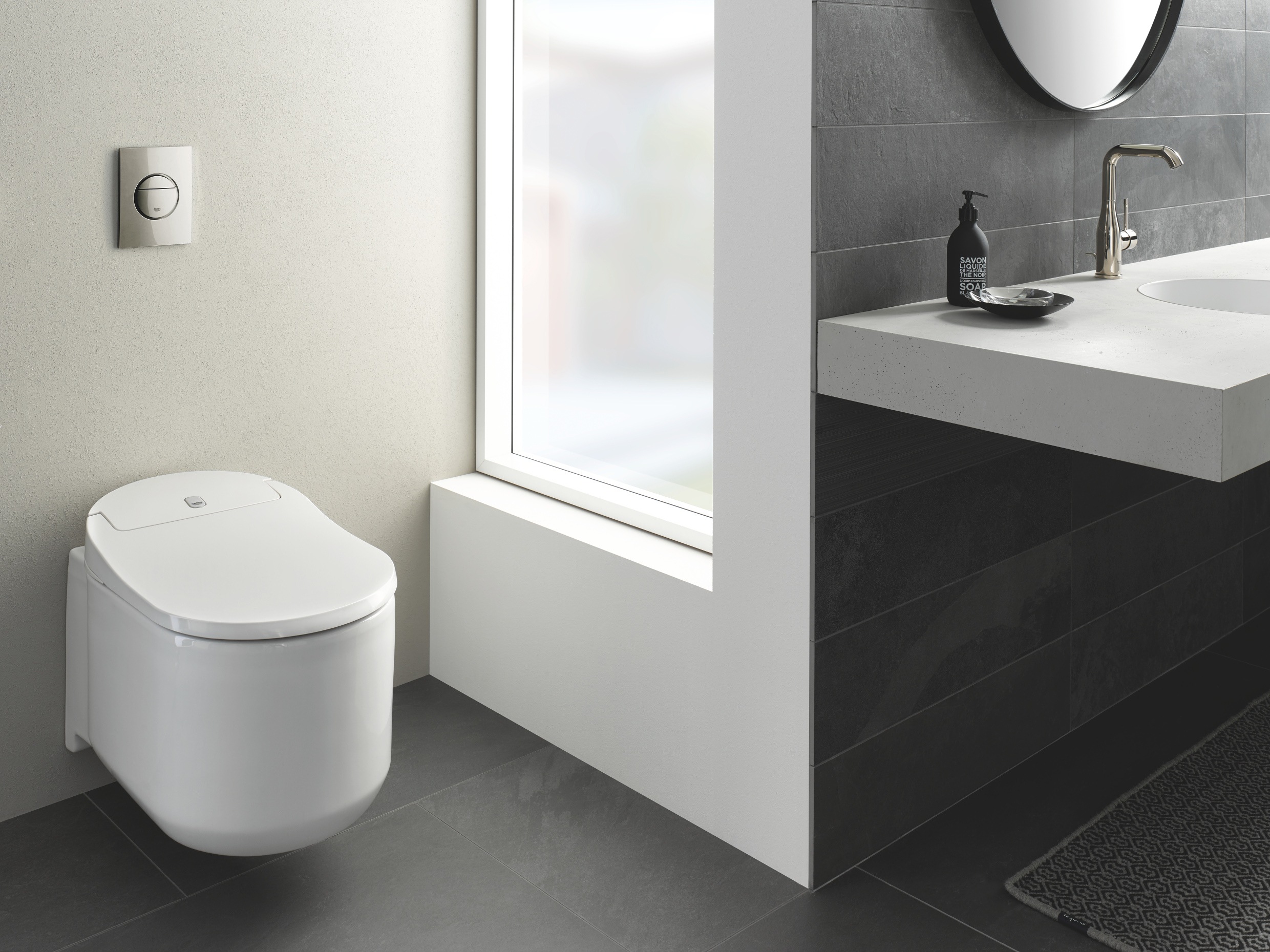
Image credit: Grohe Sensia Arena shower toilet
Sustainability
Smart toilets use more materials in their manufacture. Additional water is used for the bidet features, but many smart toilets have an ‘intelligent’ flush that only uses as much water as is needed to flush the toilet each time, which will cut usage in comparison with a standard flush traditional toilet.
Smart toilets use a small amount of electricity that standard toilets don’t use. On the other hand, many people with a smart toilet find they don’t use toilet paper any more, which is a significant saving in terms of cost, carbon and use of resources. And many models have an energy-saving mode that cuts energy consumption.
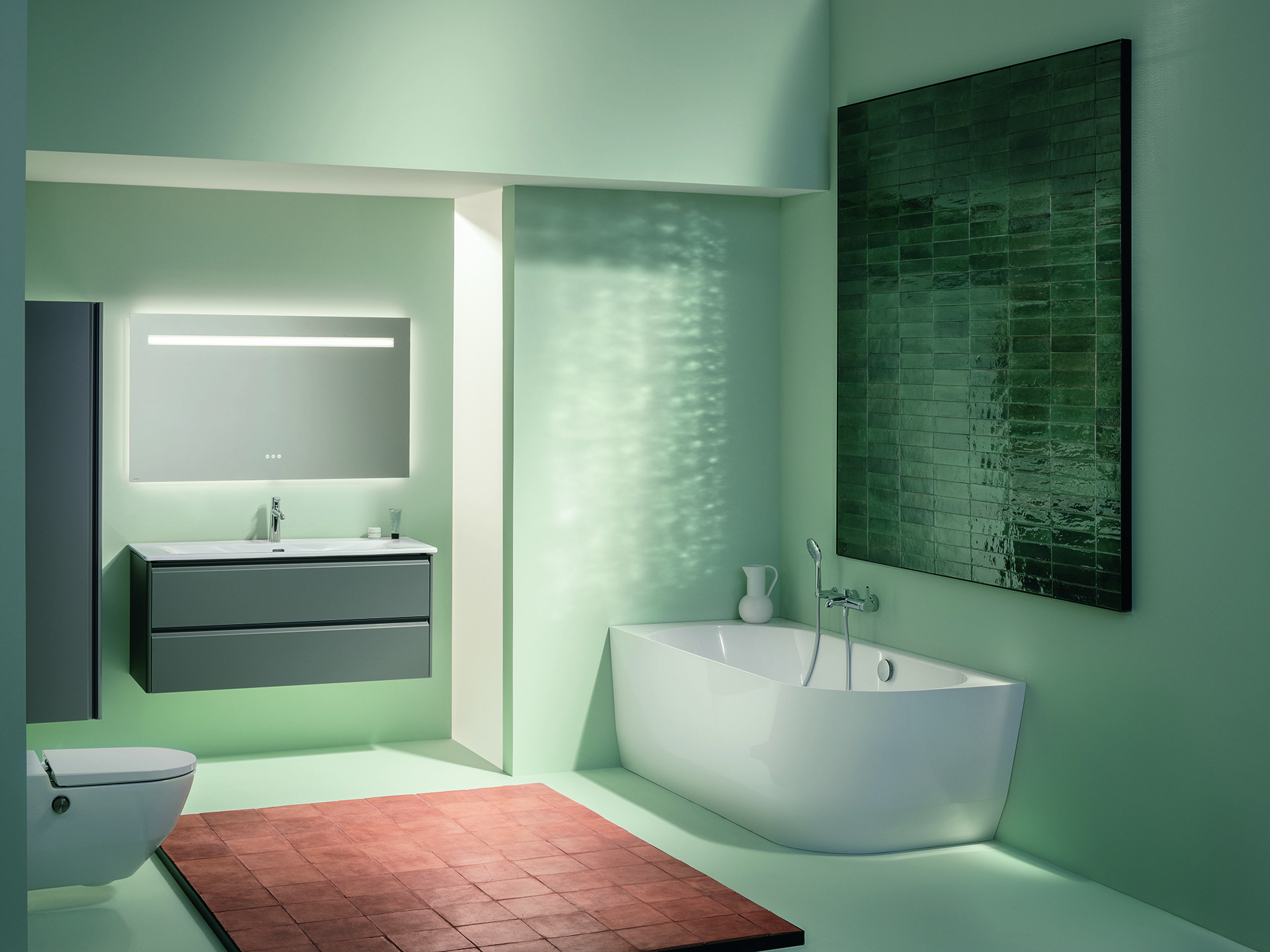
Image credit: Laufen Cleanet Riva shower toilet
Seat only vs full toilet
If you don’t want to buy a whole new toilet, you can upgrade your existing loo by adding a smart toilet seat (bidet toilet seat) – see below – which incorporates many smart features. This will need water and electricity connections.
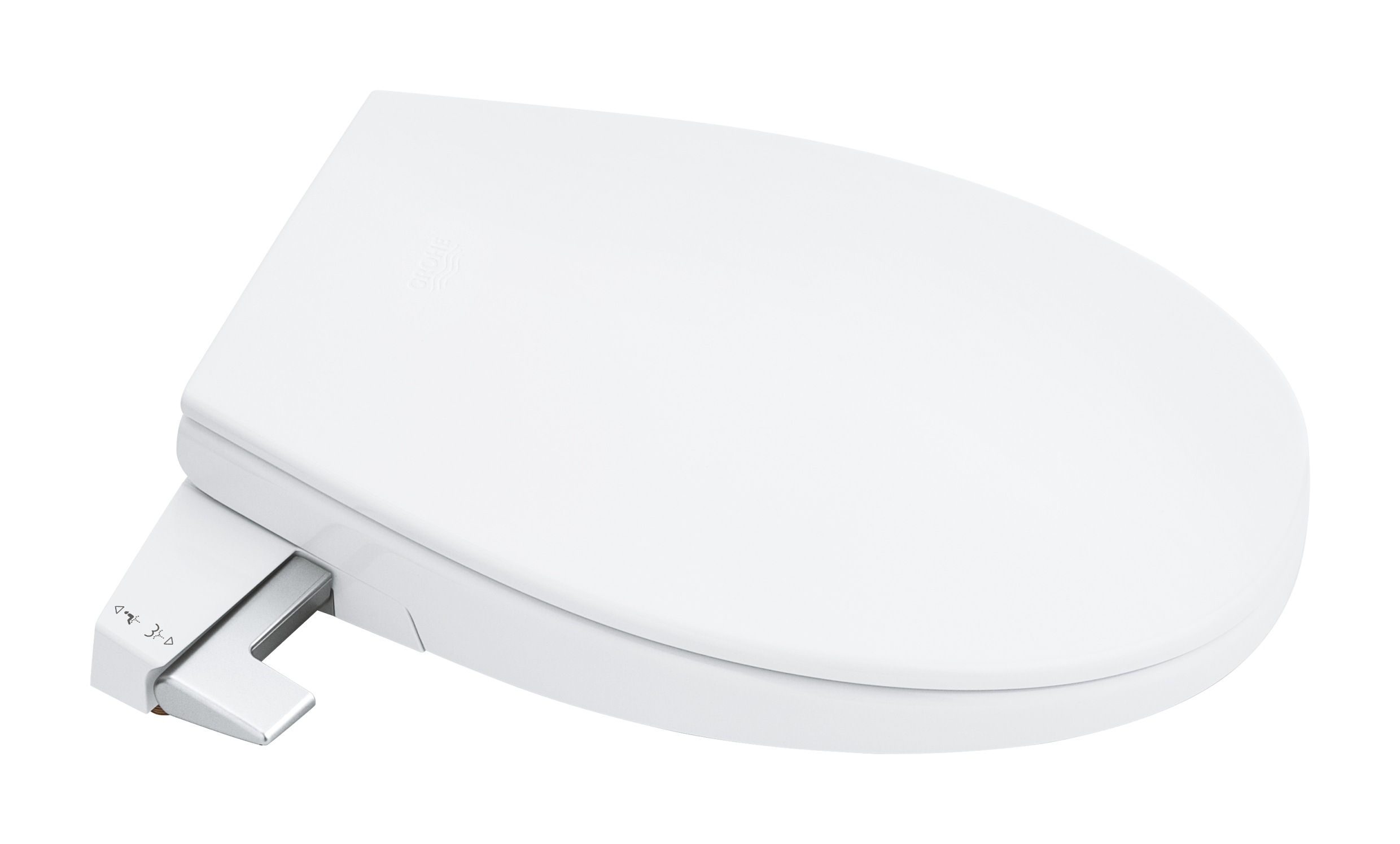
Image credit: Grohe Bau manual bidet seat
Smart toilets are available in a range of designs: wall-hung, back-to-wall and close-coupled, in various sizes. There is, of course, an immediate space saving for anyone who has been used to having both a toilet and bidet, as a smart toilet replaces both items.
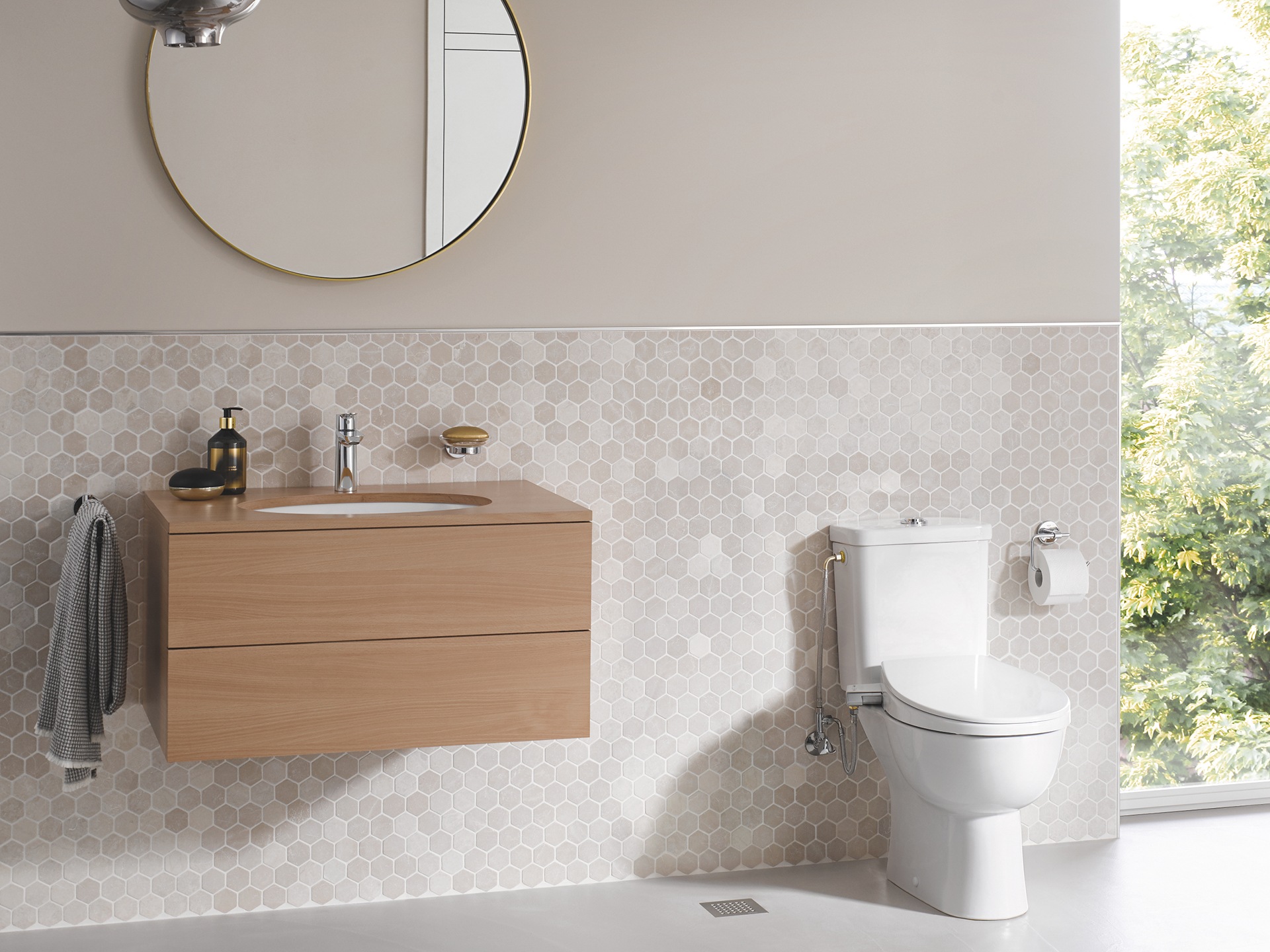
Image credit: Grohe Bau manual bidet seat
Cleaning
Emma Mottram, from Laufen, says, “Another notable feature of smart toilets is their user-friendly cleaning options. Many smart toilets have an integrated descaling program that regularly removes scale from the water system inside the toilet. This not only promotes better hygiene but also extends the lifespan of the toilet. Additionally, a removable toilet seat allows for more thorough cleaning, while a rimless design eliminates the inner rim around the bowl that is common in traditional toilets. This rimless design means no hard-to-reach areas where dirt, bacteria, and germs can build up, making it easier to clean and maintain the toilet.”
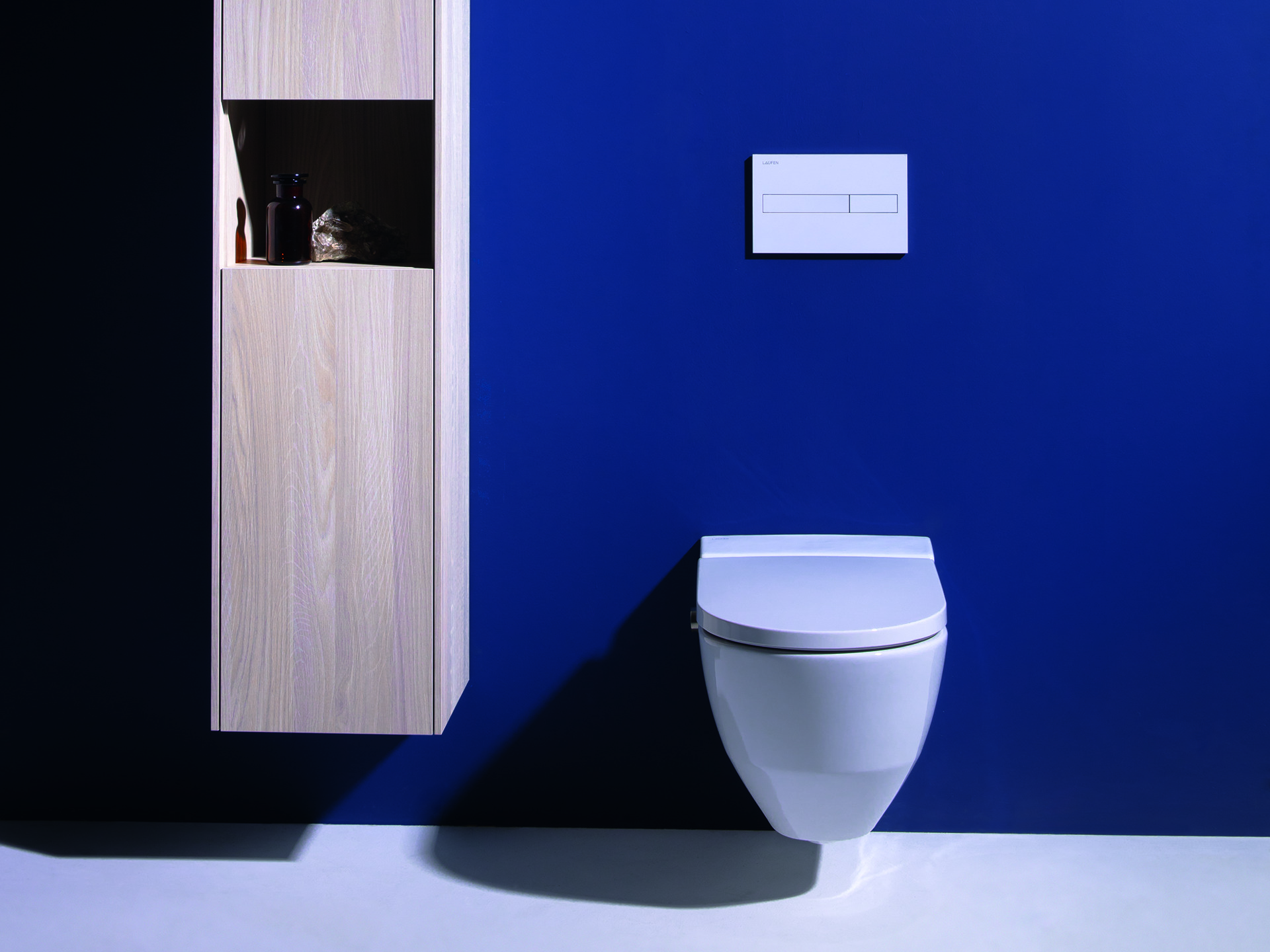
Image credit: Laufen Cleanet Navia shower toilet
Some smart toilets are made of innovative materials that help keep them clean too. For example, Laufen’s shower toilets have a highly durable pore-free LCC surface finish, which prevents the build-up of grime, dirt, and bacteria. Meanwhile, Grohe uses an ion technology known as PlasmaCluster to eliminate bacteria inside the bowl and advanced ceramic finishes with an anti-stick, anti-limescale and anti-bacterial coating that, it is claimed, banishes 99.9% of germs.
Cost
A basic smart toilet seat costs from about £300 plus the cost of installation. A smart toilet will cost from about £1000 up to £7000 for top-of-the range model. You might expect to pay about 15p a day to run the toilet.
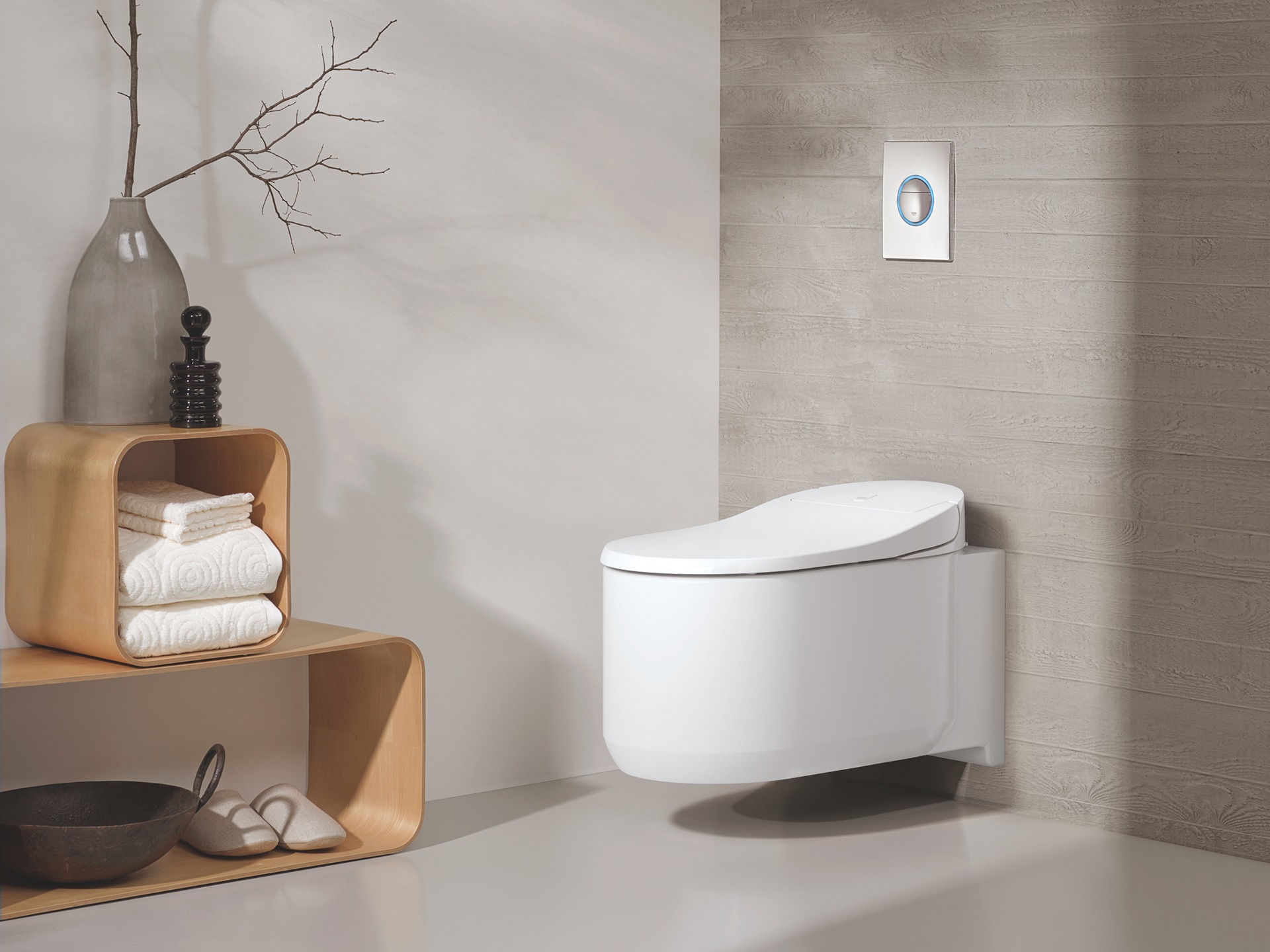
Image credit: Grohe Sensia Arena shower toilet
Hygiene
Many people feel that using the bidet features and dryer is more hygienic than using toilet paper. And the fact that many smart toilets can be operated remotely, without ever having to touch them, is also a hygiene win.
Independent living
Ronke Ugbaja, of Grohe, points out that smart toilets can be helpful for older people and others who have difficulty taking care of their own toileting needs. Specialist smart toilet retailers Washloo, have an accessible smart toilet that can be raised or lower at the touch of a button and which comes complete with arm supports, as well as all the smart features.
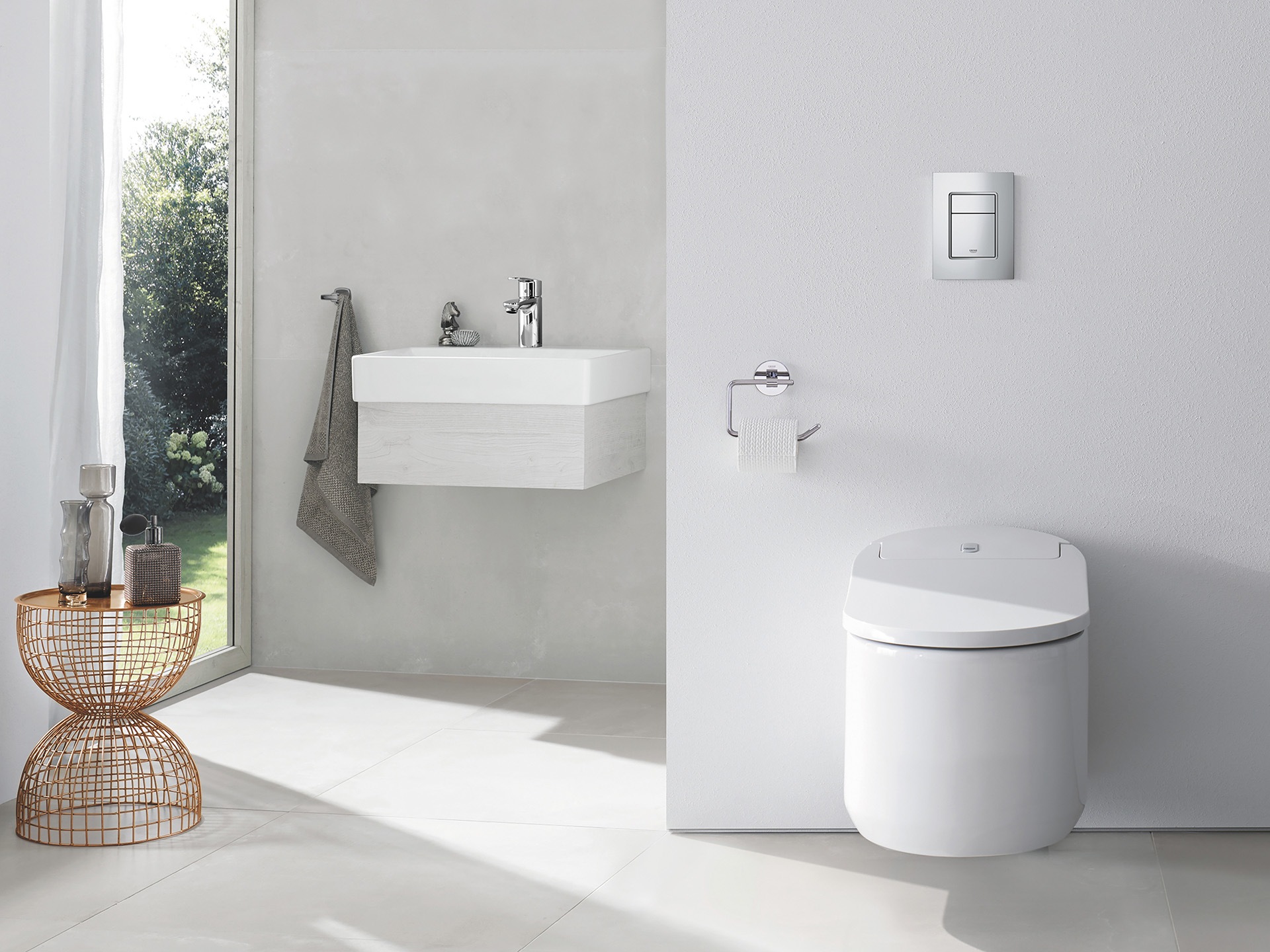
Image credit: Grohe Sensia Arena shower toilet

